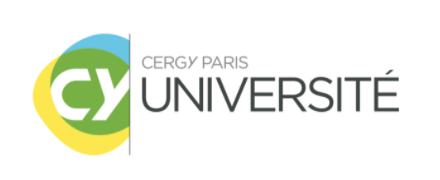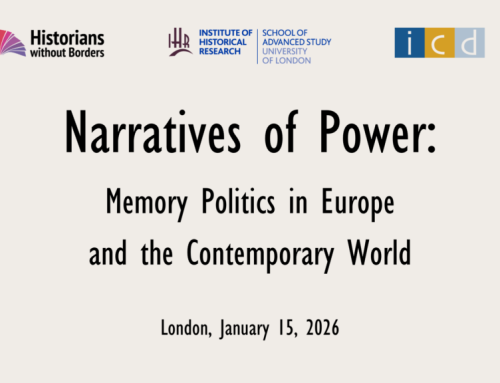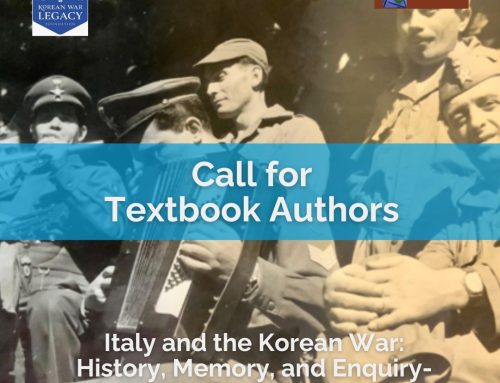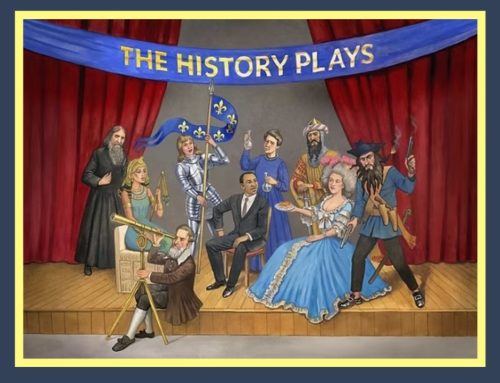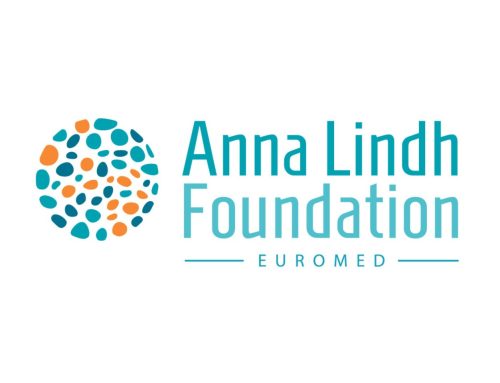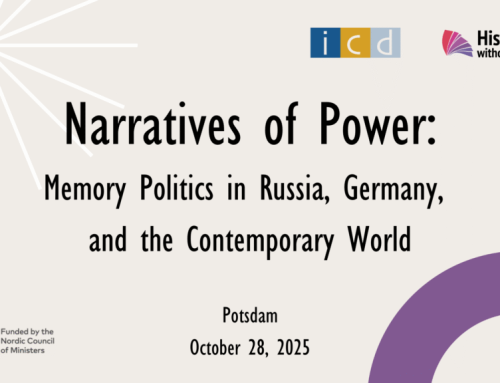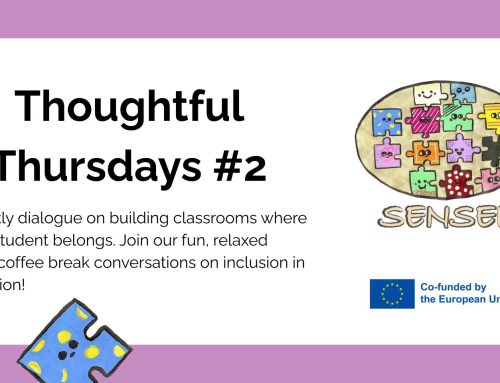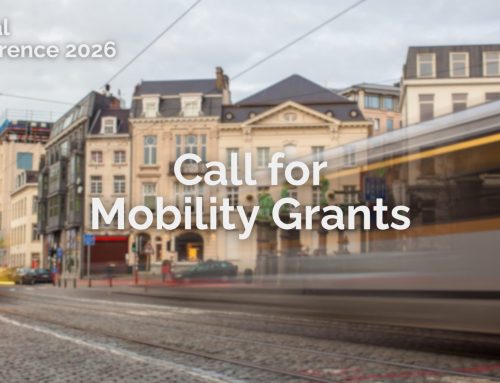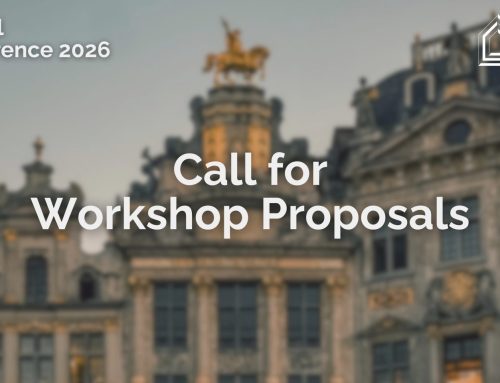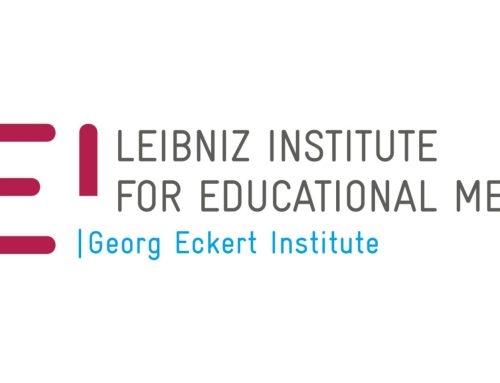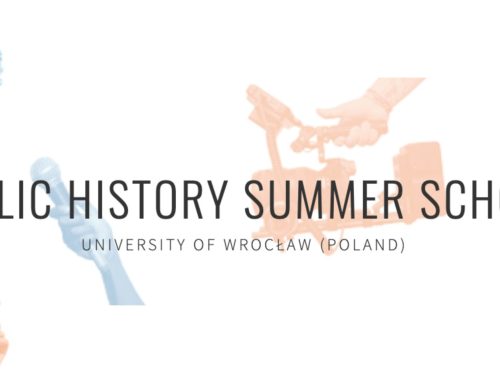The Potentials of Experiential Learning in the Humanities Curricula
Conducted by Dr. Nena Močnik (PI), CY Cergy Paris Université, France.
This is to invite history teachers in all levels of education to participate in the part of the bigger research project with the focus on the quality of teachers’ training in dealing with collective traumas and traumatic pasts in the history classroom. The research seeks to collect the information on the general awareness and knowledge of history teachers when it comes to the potential trauma triggering in history education; defining and recognizing those triggers in the classroom; the availability and the quality of the teachers’ training in dealing with the traumas in the classroom; connecting historic traumas with students’ traumas as consequences of current social injustice; suggestions for improving the existing trainings.
The collection of data consists of semi-structured interviews with history teachers. Due to the COVID-19 situation, the PI dr. Nena Močnik invites teachers to respond to this invitation and join the research via pre-scheduled online call (Viber, Whatssap, Zoom, Skype and other means of online communication). The conversation should last no more than 40 minutes, depending on the respondent.
To respond to this invitation, please send your email to: nena.mocnik@cyu.fr or message over FB (https://www.facebook.com/nena.mocnik/). Your contribution and your time invested in the research will be highly appreciated.
ABOUT THE PROJECT
CONFRONTING HISTORICAL TRAUMA, PREVENTING STRUCTURAL VIOLENCE: The Potentials of Experiential Learning in the Humanities Curricula
While on the surface it may seem as the international community has made significant progress in acknowledging violent pasts and its toxic legacies in terms of collective traumas, rarely has the vanity of ‘never again’ been so undeniable as in our current social reality. The evidence shows that structural violence that normalizes the perpetuating oppressions, expressions of hatreds, and social exclusions is at least partly learnt through the unhealed and transmitted collective traumas. The latter has now been widely incorporated to history syllabuses yet understanding of the transmission process needs to go beyond disciplinary limitations, cognitive recognition and classroom explanation. Rapid globalization calls for radical shifts in institutional education for next generations to successfully navigate their social realities affected by insecurity, economic instability and marginalization, all rooted also in historical traumas. Designed as action research, this study investigates the potentials of experiential learning tools in the humanities curricula as effective path toward addressing the transmission of historical trauma in our efforts to limit diminish the structural violence related to it. Four clusters of ELT – problem-solving; project-based; active-learning; place-based – will be analysed, re-designed, tested and evaluated. Research results seek to be published as peer-reviewed articles, teaching handbook and in the form of teachers’ training.
ABOUT THE PI
Nena Močnik holds PhD in Balkan Studies from University of Ljubljana, Slovenia. She is a university lecturer and a researcher at Université de Cergy-Pontoise, France. She was awarded Bank of Montreal Award in Women’s Studies (University of Ottawa, 2018) and recipient of several fellowships including EnTe Fellowship (New Europe College, Bucharest, 2016-2017), ICNC-Fletcher Institute for the Advanced Study of Nonviolent Conflict (Tufts University, 2016) Brown International Advanced Research Institute Fellowship (Brown University, 2015) and Fulbright Visiting Scholar Fellowship (University of Southern California, 2014). She is the author of two monographs: “Sexuality after War Rape: From Narrative to Embodied Research” (Routledge 2017) and War-related Sexual Violence and Trauma Transmission: Reconciliation and Peacebuilding in Post-Conflict Settings, Routledge 2020). She has contributed several peer-reviewed articles that deal with post-war narratives, sexuality and violence, and use of community theatre within marginalized context. She edited special issue “The cost of bearing witness: Secondary trauma and self-care in field-work based social research” (published by Social Epistemology, 2020) and is currently editing Routledge edited monograph, “Engaging with Historical Traumas: Experiential Learning and Pedagogies of Resilience” (forthcoming in 2021). In 2018, she was invited as the external expert at ReThink project (Remembrance Education for Thinking Critically). With financial support of European Commission – European Remembrance program, and 7 university and NGO partners, she initiated and leads a project “#Never Again Teaching Transmission of Trauma and Remembrance through Experiential Learning”. In February 2020 she delivered a key note “Waging Violence in the Digital Age” at the Nordic Summer University, Gdansk, Poland.

